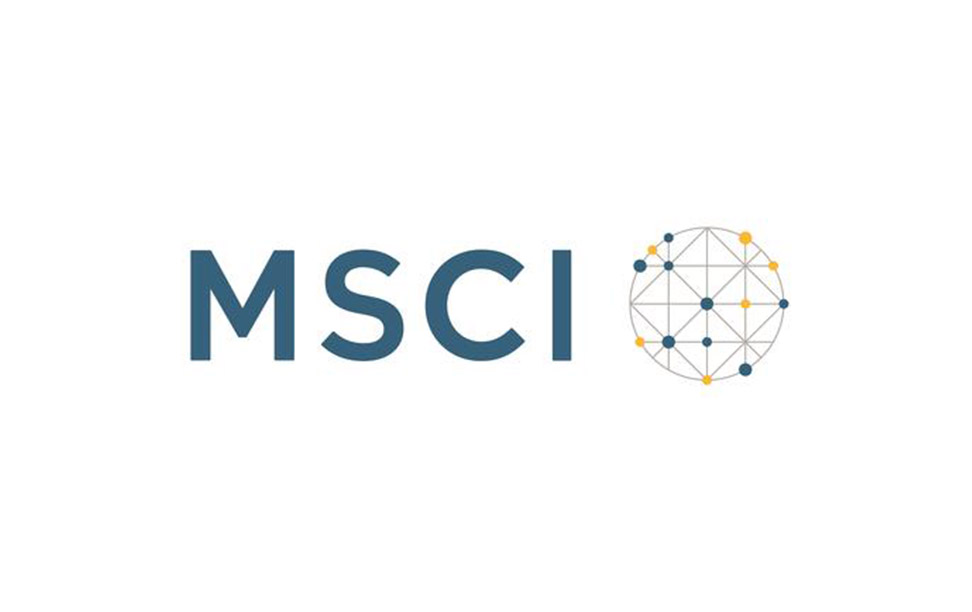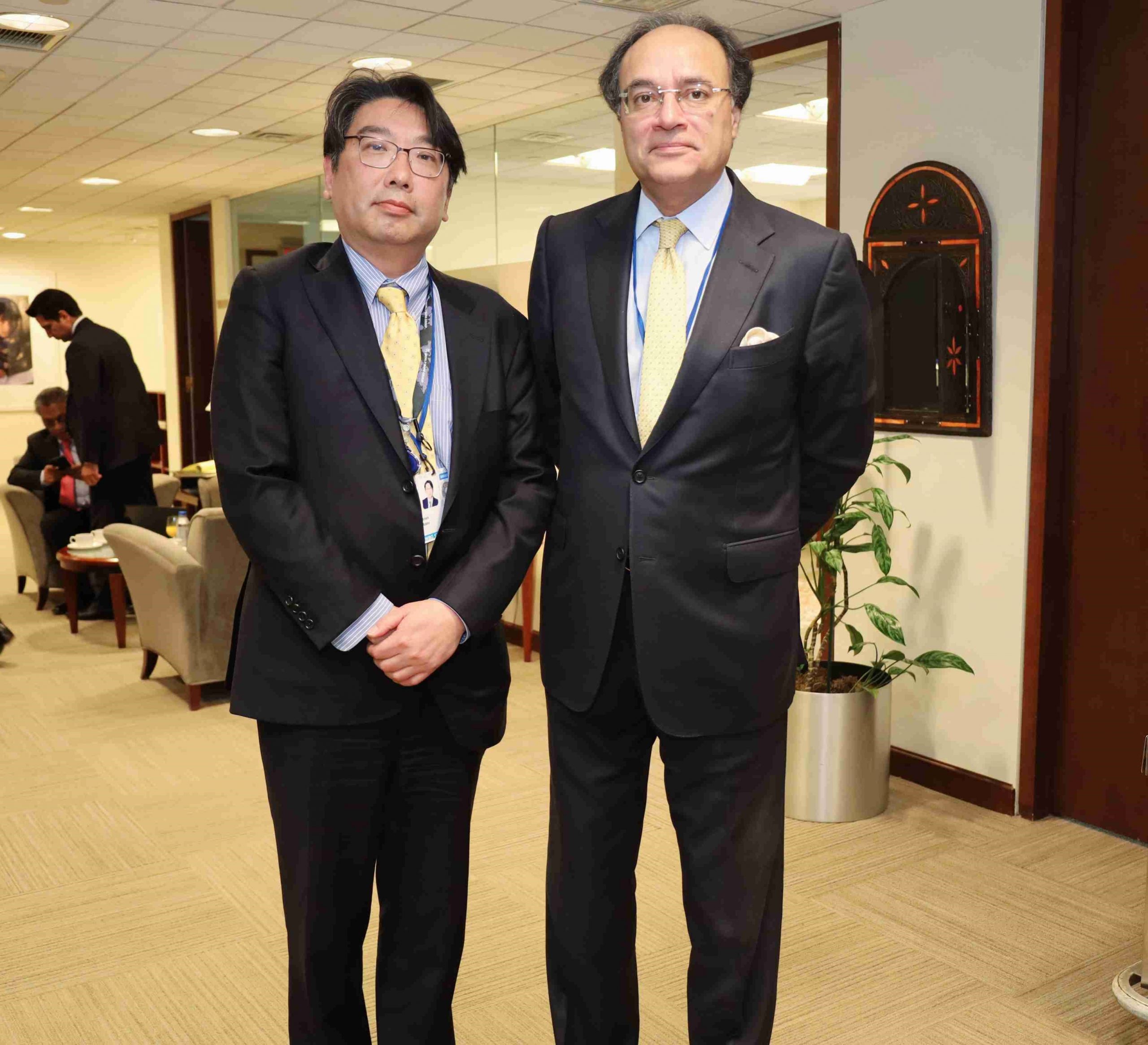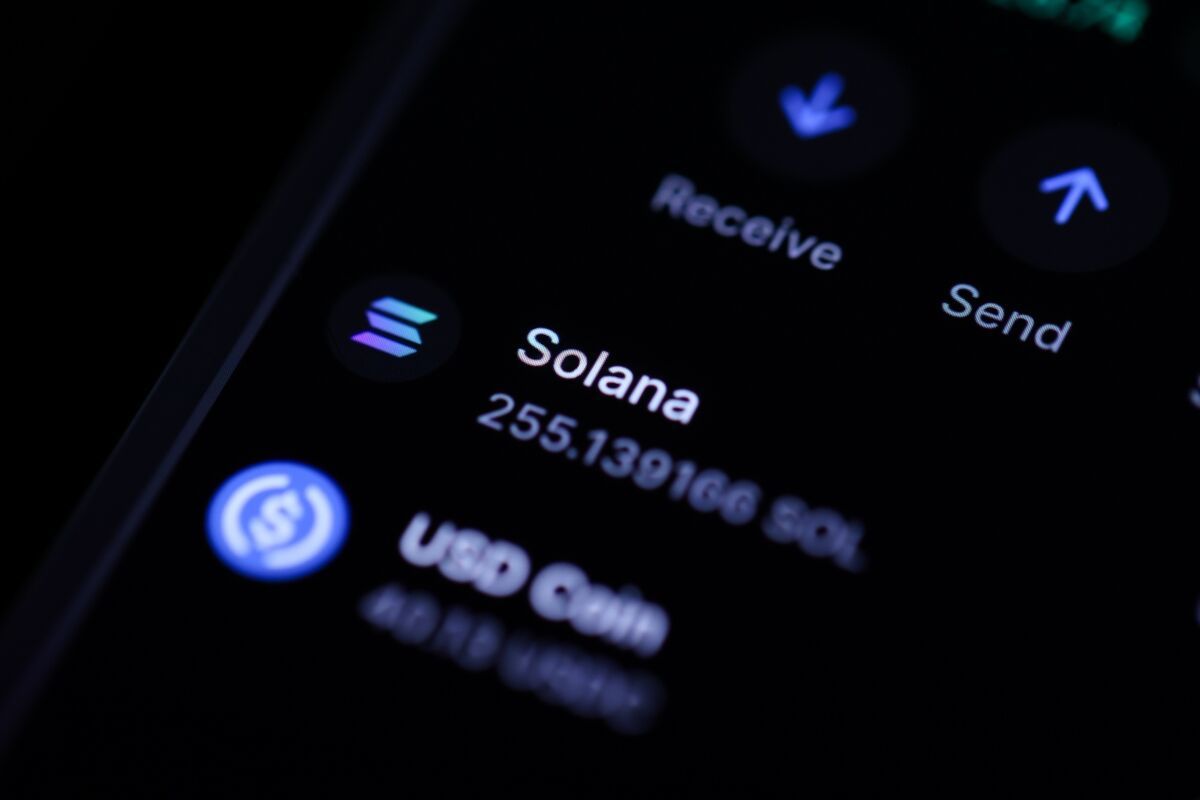September 8, 2021 (MLN): MSCI Inc, a leading provider of critical decision support tools and services for the global investment community, announced yesterday that it has decided to downgrade Pakistan from Emerging Markets (EM) to Frontier Markets (FM).
This conclusion follows feedback received from market participants from its recent Consultation on a Market Reclassification Proposal for the MSCI Pakistan Index. MSCI will reclassify the MSCI Pakistan Indexes from Emerging Markets to Frontier Markets in one step, coinciding with the November 2021 Semi-Annual Index Review (SAIR). Based on a simulation using pro forma data as of August 31, 2021, this would lead to the inclusion of four securities in the MSCI Frontier Markets Index with an estimated index weight of 1.90%.
This development has been expected as Earlier this year in June’21, MSCI released the results of the 2021 Market Reclassification Review, where it had proposed to downgrade Pakistan to FM) from EM.
It is pertinent to note that foreigners who have been major participants at Pakistan Stock Exchange hung back recently due to Pakistan’s minimal weight in EM. They had been net sellers of $1.3 billion ever since Pakistan was included in EM four years back.
Although the Pakistani equity market meets the requirements for Market Accessibility under the classification framework for Emerging Markets, it no longer meets the standards for Size and Liquidity. More specifically, index continuity rules, as described in section 2.4 of the MSCI Global Investable Market Indexes Methodology, have been applied since the November 2018 Semi-Annual Index Review to maintain the required three constituents in the MSCI Pakistan Index. Since the November 2019 SAIR, there have been no securities in the MSCI Pakistan equity universe that meet the Emerging Markets Size and Liquidity criteria within the MSCI Market Classification Framework, MSCI said.
Starting with the November 2021 SAIR, the MSCI Pakistan Indexes will be rebalanced using Size and Liquidity requirements for Smaller, Average Liquidity Frontier Markets as described in the MSCI Global Investable Market Indexes Methodology, it added.
Yesterday, MSCI announced the launch of a consultation on the potential inclusion of the MSCI Pakistan Index to the MSCI Frontier Markets 100 Index and the MSCI Frontier Markets 15% Country Capped Index as part of the May 2022 SAIR. The results of this consultation will be announced coinciding with the February 2022 Quarterly Index Review.
This consultation does not, in any way, affect the reclassification of the MSCI Pakistan Index to the MSCI Frontier Markets Index, which will take place in one step as part of the November 2021 SAIR, MSCI further added.
In line with the methodologies for the MSCI Frontier Markets 100 Index and the MSCI Frontier Markets 15% Country Capped Index, new Frontier Markets may only become eligible for these indexes as part of a May SAIR, after public consultation.
Going by the research report of Arif Habib Ltd (AHL), the simulated index for MSCI Pak FM would have a total of 23 companies including 4 standard and 19 small caps as compared to the current 16 companies in MSCI Pak EM (3 mid-cap and 13 small cap).
The MSCI Pak FM standard cap will include LUCK (32.2% weight), HBL (25.2%), MCB (23.5%) and OGDC (19.2%).
The MSCI Pak FM would have a weight of 1.9% in MSCI Frontier Market Index and 4.98% in the MSCI Frontier Market 100 Index.
As expected, this decision may turn out beneficial for Pakistan Stock Exchange in terms of increasing visibility among foreign participants and will likely bring positive inflows of investments.
Highlighting the MSCI FM universe, barring Vietnam, the fundamentals of the KSE-100 index are relatively stronger than those of the peer markets (with a higher weight) with valuations at very enticing levels. Overall dynamics of the KSE-100 index are comparatively stronger than the peer markets with a higher weight such as Kazakhstan, Kenya, etc, said Tahir Abbas, Head of Research at AHL.
“Frontier market investors have longed for liquidity and more classic frontier stories. They will find both in Pakistan,” Mattias Martinsson, a chief investment officer of Tundra Fonder said in an interview with Bloomberg.
While commenting on the same, Syed Atif Zafar, Director Research and Chief Economist at Topline Securities said, “The potential inflows and outflows remain early estimates and may largely net off, however, the reclassification to FM from EM may turn out to be beneficial for Pakistan in terms of reduction in foreign selling.”
The selling pressure from foreign funds to persist till at least Nov-2021 and may wade off post the rebalancing, he expects.
Copyright Mettis Link News
43216







